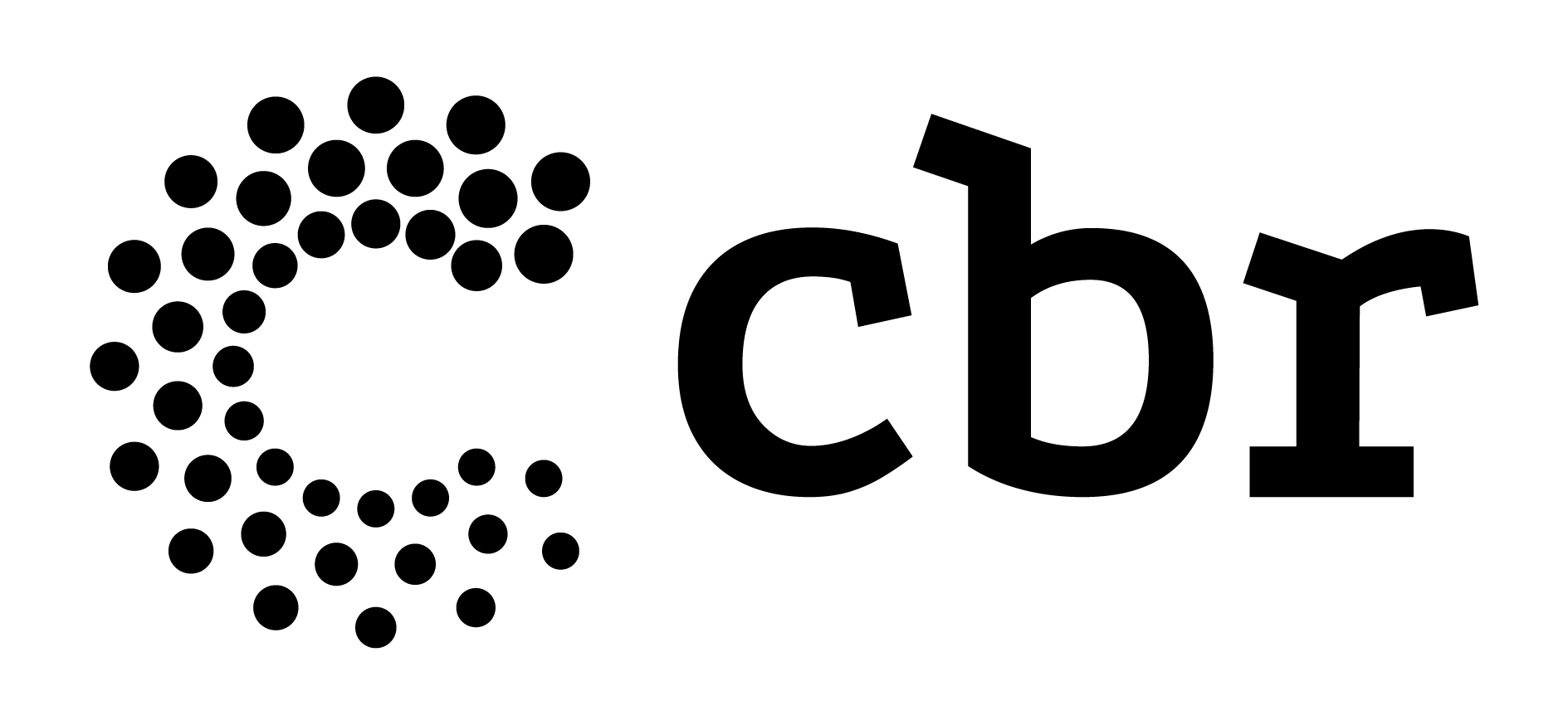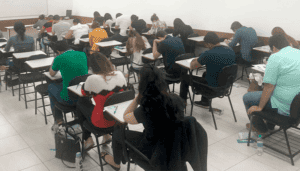The exam, traditionally held at the beginning of the year, took place on January 26 in 12 cities in Brazil. Each year the test has been marked by an evolution, especially in the pedagogical aspect, with an increasingly careful review of the questions and type of approach.
“It is fundamental that the resident participates in the exam, because in addition to contributing to the CBR to measure the quality of Radiology teaching in the country, which is its main objective, the resident is able to identify which areas he, specifically, needs to dedicate more time to study. The test shows in which areas he has greater mastery and which ones need attention, contributing to his better performance during medical residency”, explains Dr. Túlio Macedo, coordinator of the Title and Admission Committee.
To encourage participation, if the resident achieves 70% or more in the test, that is, scores 7 or more, he is released from the theoretical part of the Specialist Title Test. In addition, the Teaching Commission analyzes and works on the results and, if eventually a residence does not have a good performance, it will be inspected so that the CBR can help it to improve teaching. If the educational institution continues to show poor results over the years, it may be disqualified.
For Dr. David Freire Maia Vieira, resident at Hospital Das Clínicas of the Faculty of Medicine of USP in Ribeirão Preto, took the Level 1 test and indicated that the questions were varied, well-prepared and explored all areas. “The annual Resident Assessment is a very good idea by the CBR, as it evaluates in a serial way the evolution of the three levels [R1, R2 and R3]”, he says.
Dr. David also says that he prepared himself using old tests and video lessons, as well as his colleagues. “I have no doubt that the test is very important for our training and maturing within the course”, he adds.
Already Dr. Matheus Kiyoshi Siqueira Horie, resident at the Hospital Israelita Albert Einstein, took the test as R2 and, for him, the test was consistent with what is taught and difficulty, with a level of difficulty already expected. “I prepared myself by solving the questions from previous years, studying related content and taking review classes at the hospital, given by the professors”, he explained.
Also from Level 2, Dr. Damaris Versiani Caldeira Gonçalves, resident at the Federal University of Espírito Santo, evaluated the exam as balanced. “I thought they asked for a little bit of everything, questions from different areas of expertise, and the topics were well balanced”, he reinforced.
Lastly, Dr. Diego Jordão Lino Dias, resident at Hospital Heliópolis, who took the Level R3 test, positively evaluated the quality of the available images. “The images were up to standard to analyze and respond well. It was a good, well-prepared test, capable of evaluating well the evolution of the three years.




